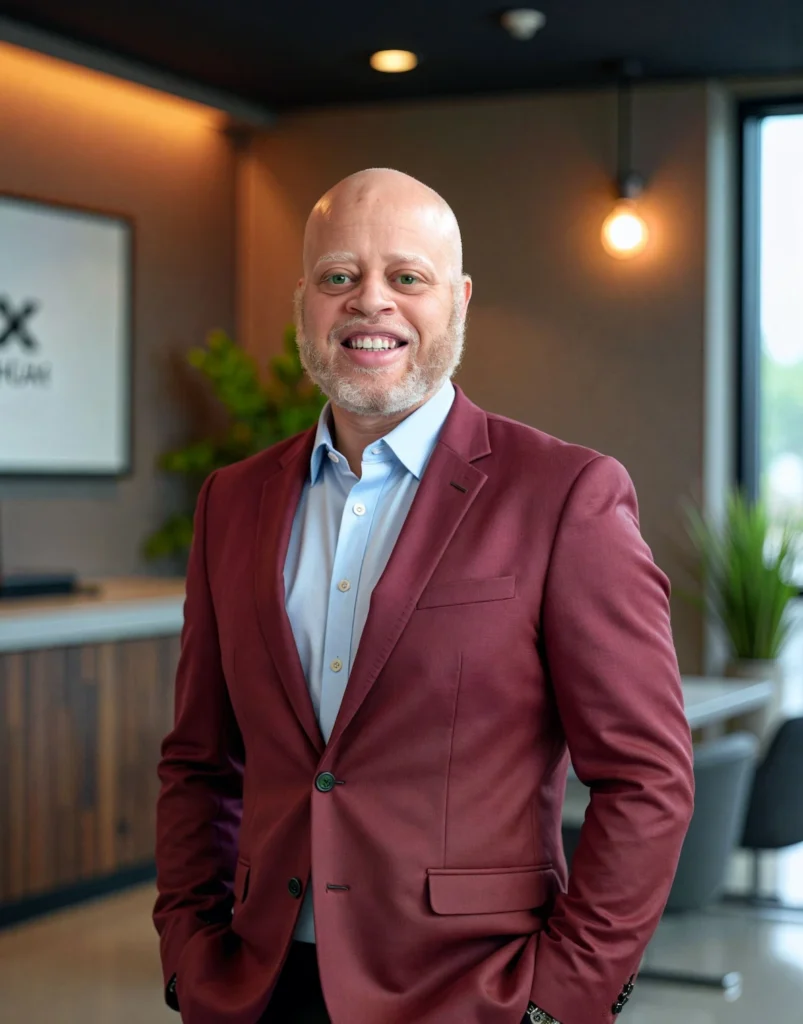Let’s Talk!
Get in Touch
- (913) 210-0713
- drkhalidbrown@kansascitypsychology.org
- 7280 NW 87th Terrace #C210, Kansas City, MO 64153, United States
Leave your message

FAQs
Frequently Asked Questions
Do you assess children as well as adults?
Yes! We provide comprehensive evaluations for individuals of all ages, including children, adolescents, and adults. Our assessments address concerns like autism, ADHD, learning disabilities, emotional well-being, and more.
How long does the assessment process take?
The full process, including interviews, testing, scoring, and feedback, typically takes a few weeks. We aim to provide results as efficiently as possible while ensuring a thorough and accurate evaluation.
What can I expect during a psychological assessment?
A psychological assessment typically includes a clinical interview, standardized testing, and questionnaires tailored to your concerns. We take a collaborative approach, ensuring that you feel comfortable throughout the process. After testing, we provide a detailed report with personalized recommendations and next steps.
Why would an adult who suspects they have autism, ADHD or more want an assessment?
Many adults seek an assessment for clarity and self-understanding. If you’ve always felt different, struggled with social interactions, sensory sensitivities, or workplace challenges, an assessment can validate your experiences and provide practical guidance. It can also help with accessing support, workplace accommodations, therapy, and self-advocacy tools. At Kansas City Psychology, we provide compassionate and thorough evaluations to help you navigate your unique journey.
For the Homeschool Parents- Why should a homeschool parent consider an assessment for their child?
Homeschooling allows for personalized education, but an assessment can provide valuable insights into a child’s learning strengths, challenges, and needs. It helps parents tailor their teaching methods, curriculum, and support to best fit their child’s development.
For the Public School Parents - Why should a parent consider getting an independent evaluation for their child?
If a child is struggling in school—academically, socially, or behaviorally—an evaluation provides a deeper understanding of their strengths and challenges. It can identify learning disabilities, ADHD, autism, emotional concerns, or giftedness, helping parents advocate for appropriate support at school.
In addition, under the Individuals with Disabilities Education Act (IDEA), public schools must evaluate students suspected of having disabilities. However, school evaluations can be limited in scope, and parents may disagree with the results. A private evaluation provides a second opinion and a more comprehensive, individualized assessment.
For the Private School Parents - Why should a private school parent consider an evaluation for their child?
Private schools are not required to conduct evaluations like public schools. Some private schools may have learning specialists, but they typically do not offer comprehensive psychological or educational testing. Parents often seek private evaluations to gain deeper insights into their child’s needs.
